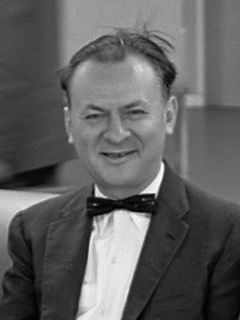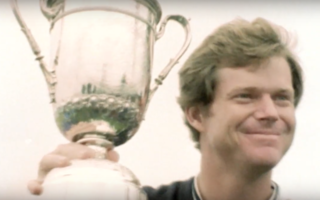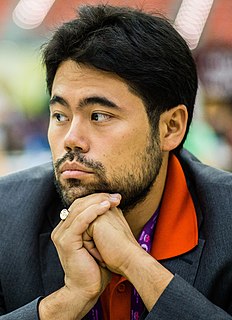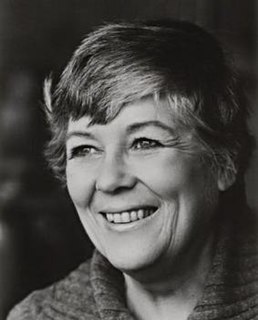A Quote by Judit Polgar
Playing chess has many aspects that can be useful in everyday situations like planning, concentration and combinations. You learn to win but also to lose and to be creative.
Related Quotes
Combinations have always been the most intriguing aspect of Chess. The masters look for them, the public applauds them, the critics praise them. It is because combinations are possible that Chess is more than a lifeless mathematical exercise. They are the poetry of the game; they are to Chess what melody is to music. They represent the triumph of mind over matter
I started playing chess when I was about 4 or 5 years old. It is very good for children to learn to play chess, because it helps them to develop their mental abilities. It also helps to consolidate a person's character, because as it happens both in life and in a chess game we have to make decisions constantly. In chess there is no luck and no excuses: everything is in your hands.
Chess, which exists predominantly in two dimensions, is one of the world's most difficult games. Three-dimensional chess is an invitation to insanity. But human relationships, even of the simplest order, are like a kind of four-dimensional chess, a game whose pieces and positions change subtly and inexorably between moves, whose players stare dumbly while their powerful positions deteriorate into hopeless predicaments and while improbable combinations suddenly become inevitable. To make matters worse, some games are open to any number of players, and all sides are expected to win.
By playing at Chess then, we may learn: First: Foresight... Second: Circumspection... Third: Caution...And lastly, we learn by Chess the habit of not being discouraged by present bad appearances in the state of our affairs, the habit of hoping for a favorable chance, and that of persevering in the secrets of resources
Like Dvoretsky, I think that (all other things being equal), the analytical method of studying chess must give you a colossal advantage over the chess pragmatist, and that there can be no certainty in chess without analysis. I personally acquired these views from my sessions with Mikhail Botvinnik, and they laid the foundations of my chess-playing life.
I was a professional chess player in Romania, but only a small-time master. When I came to France, I continued playing chess for many years: I played tournaments in numerous countries with mixed results. I wrote and published a book - La Défense Alekhine and translated two others from Russian. I taught chess in schools; I earned more money through chess than through literature.






























